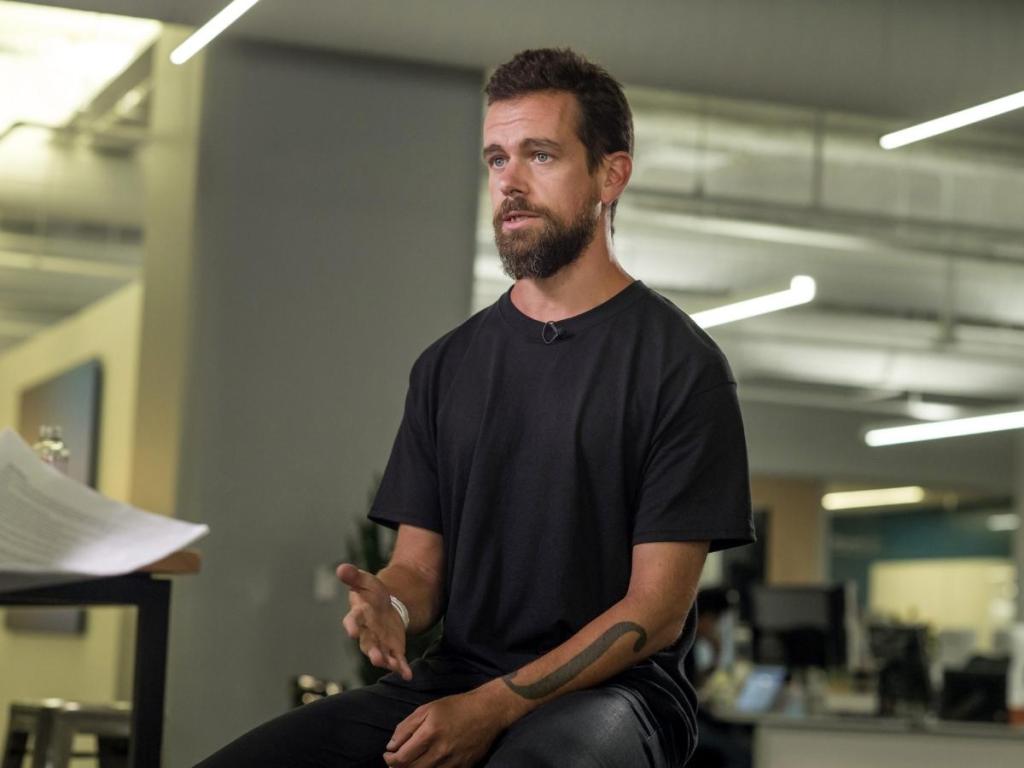Bluesky: If you enjoy not having every last kilobyte of your personal data vacuumed up by social media platforms and subsequently used to manipulate your behaviour in increasingly nefarious ways, then former Twitter CEO Jack Dorsey has just done you a pretty big favour.
The Twitter (NYSE: TWTR) co-founder has unveiled plans to launch a new decentralised social media app called “Bluesky Social” which will aim to solve some of the problems introduced by predatory machine learning algorithms used by social media platforms like Facebook and Instagram.
Bluesky app
The Bluesky app will be constructed on an open-source, decentralised code protocol dubbed Authenticated Transfer Protocol or AT protocol for short, which will allow users to transfer their social media account information as well as provide a choice as to how much control the almighty ‘algorithm’ has over the content they see.
The AT Protocol adds that all user data will be able to be transferred from one provider to another “without losing any of your data”.
One of the most notable features of the new protocol is the option of “algorithmic choice” — which provides users with the freedom to choose the type of algorithm that governs the type of content they end up interacting with. This isn’t too different from the way the people alter the specifics on search engines like Google to show them different results.
Bluesky explained that users will ultimately have more control over what content they see and who they reach on social media platforms using the protocol rather than allowing that functionality to be manipulated by a single corporation seeking higher volumes of engagement.
“There’s no one company that can decide what gets published; instead there is a marketplace of companies deciding what to carry to their audiences.”
Bluesky
Dorsey added in a comment on Twitter that Bluesky users could even choose not to have any algorithm at all.
Apart from what was revealed by the Twitter thread and the updates on the AT Protocol website, not much further is known about the Bluesky social media app. It is set to “launch soon” and if the completely full waitlist is anything to go by, it looks to be popular among data-conscious users.
What will the app look like?
The fact that the AT Protocol is listing “interoperability” as its key features means the Bluesky Social app — which may be look a lot like Twitter — would be entirely compatible with a new suite of similarly decentralised social media apps in the near future.
“The world needs a diverse market of connected services to ensure healthy competition,” the Bluesky team wrote.
Additionally, a leaked conversation between Dorsey and Elon Musk alludes to some further details about what the Bluesky app may end up looking like.
According to Dorsey, the code at the core of Bluesky — the AT Protocol — will not rely on an advertising model, it will remain open source and must not have a “centralised entity behind it”.
The announcement comes as increasing awareness around the dangers of machine-learning social media algorithms enters the public eye.
The most potent example of this was when whistleblower Frances Haugen testified in front of the US Senate in October last year. Haugen provided specific details of how senior executives from Facebook (now Meta) including Mark Zuckerberg were acutely aware of the harms that their proprietary algorithms were perpetrating but chose to continue because of the revenue associated with high engagement.
The list of these harms is long but some of notable highlights include: rapidly increasing political polarisation, human trafficking, arms trade and the widespread exacerbation of mental health problems in users.
Dorsey first made mention of a solution to these problems back in 2019 and is a strong believer that users should have full control over their personal data.





